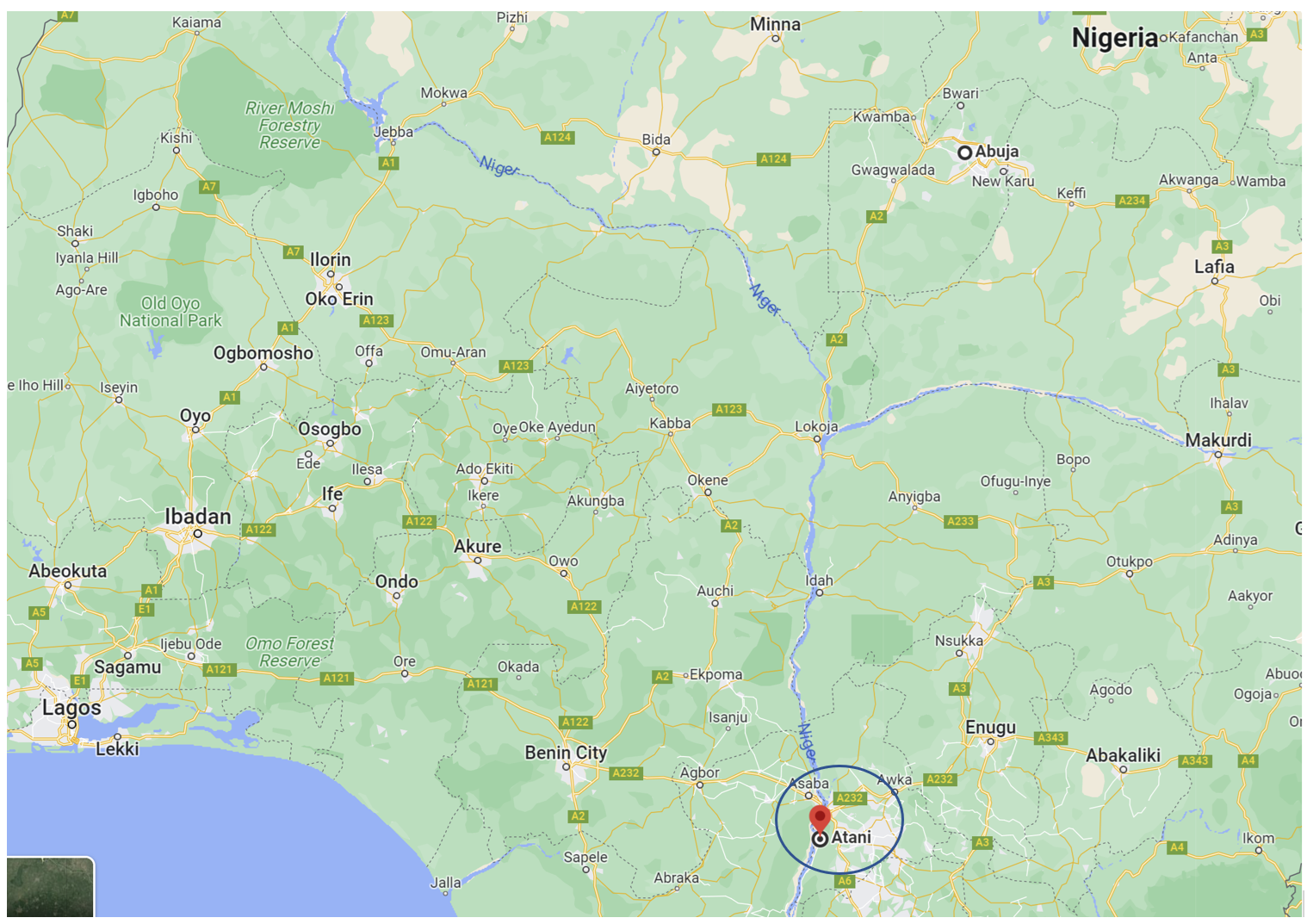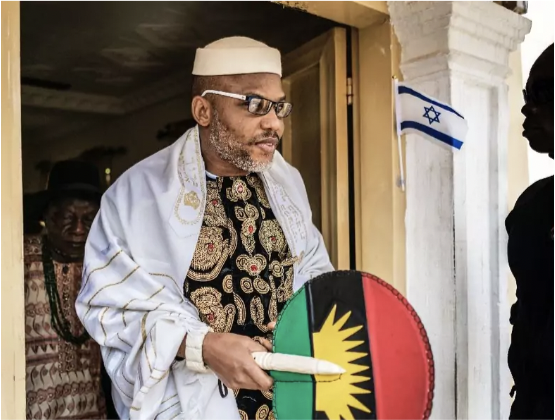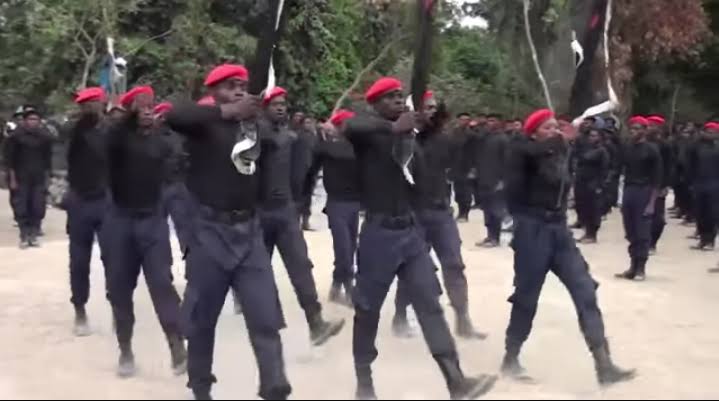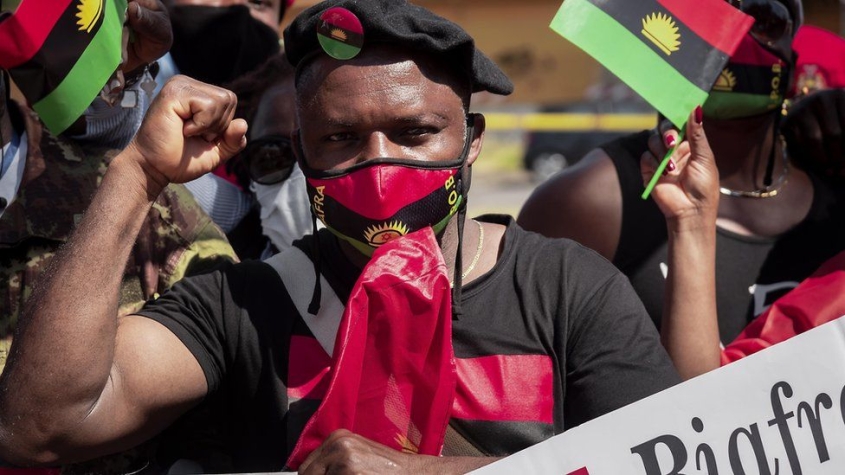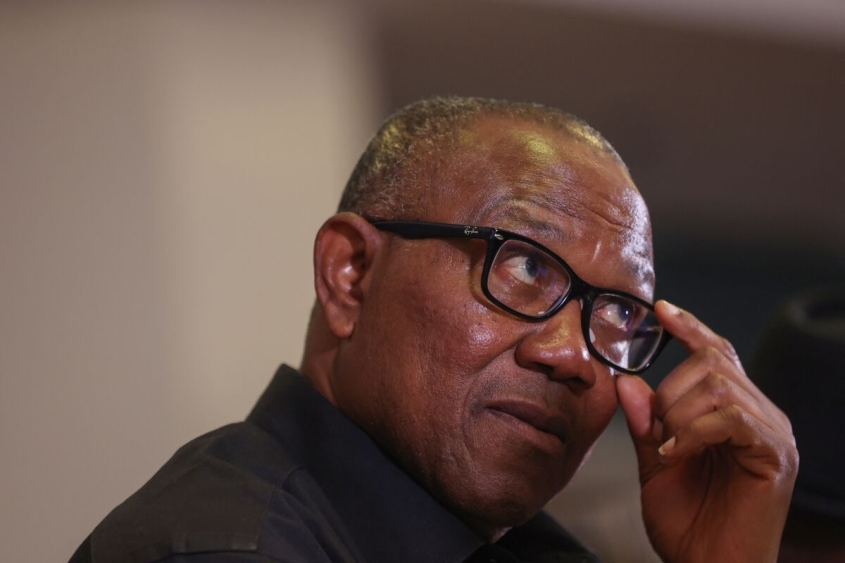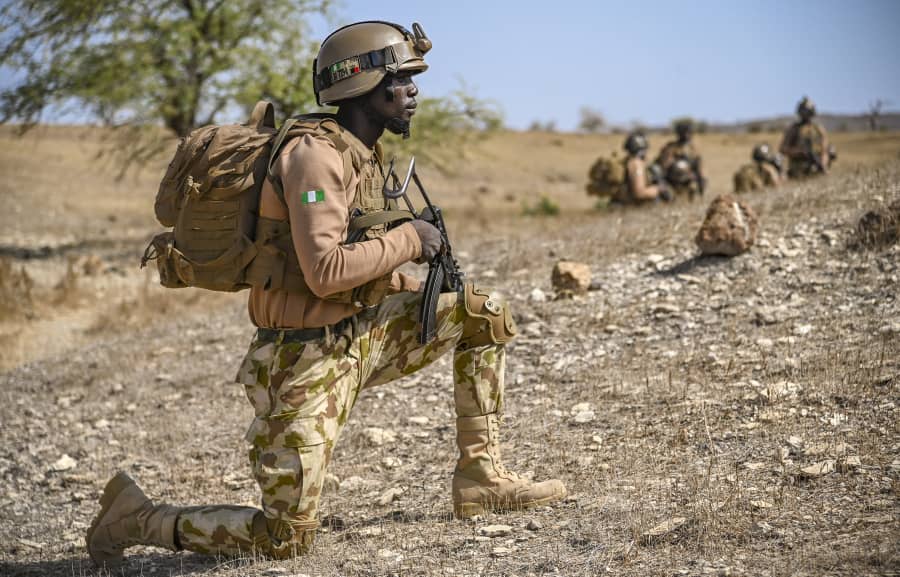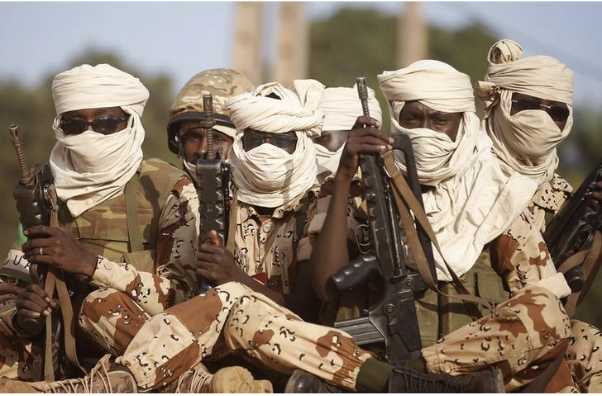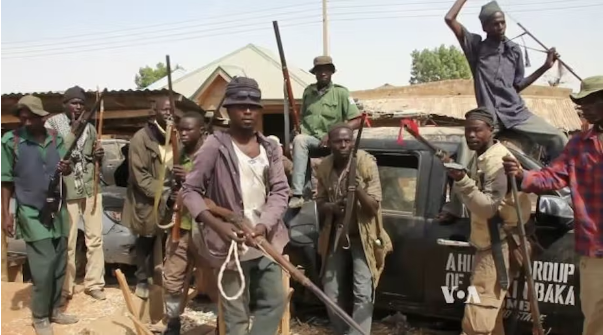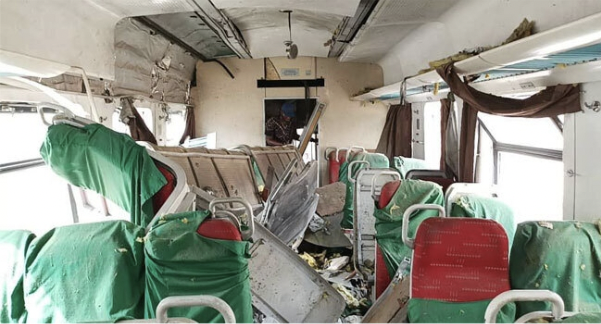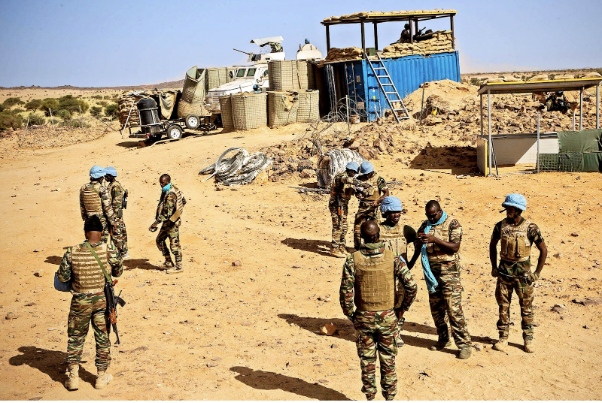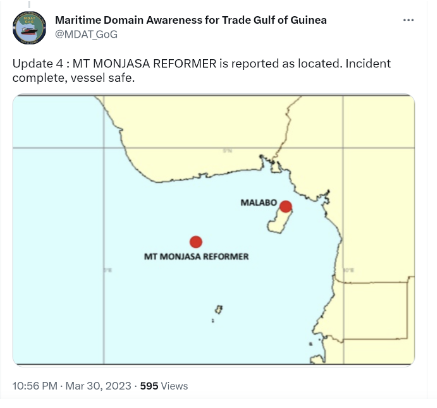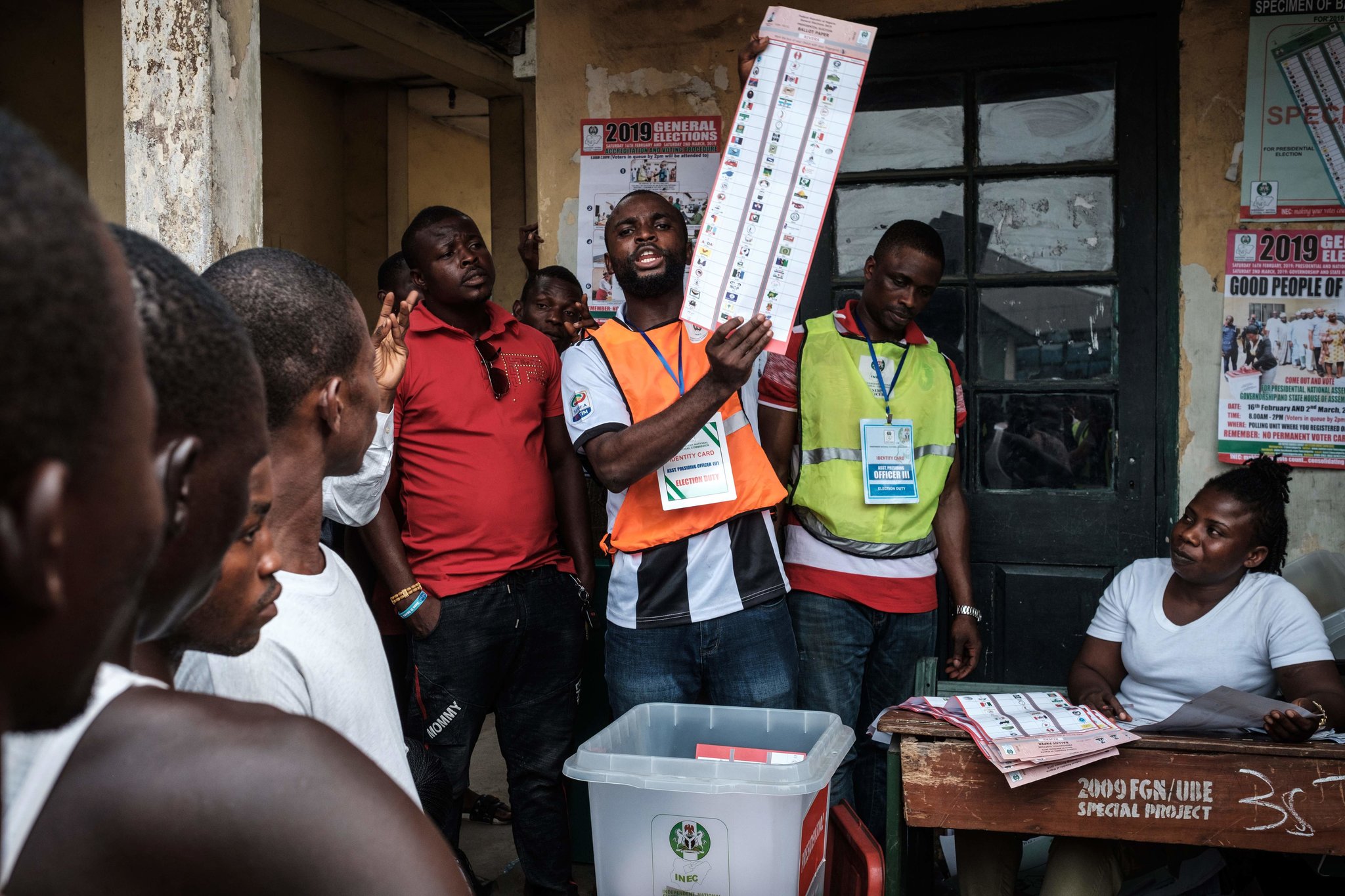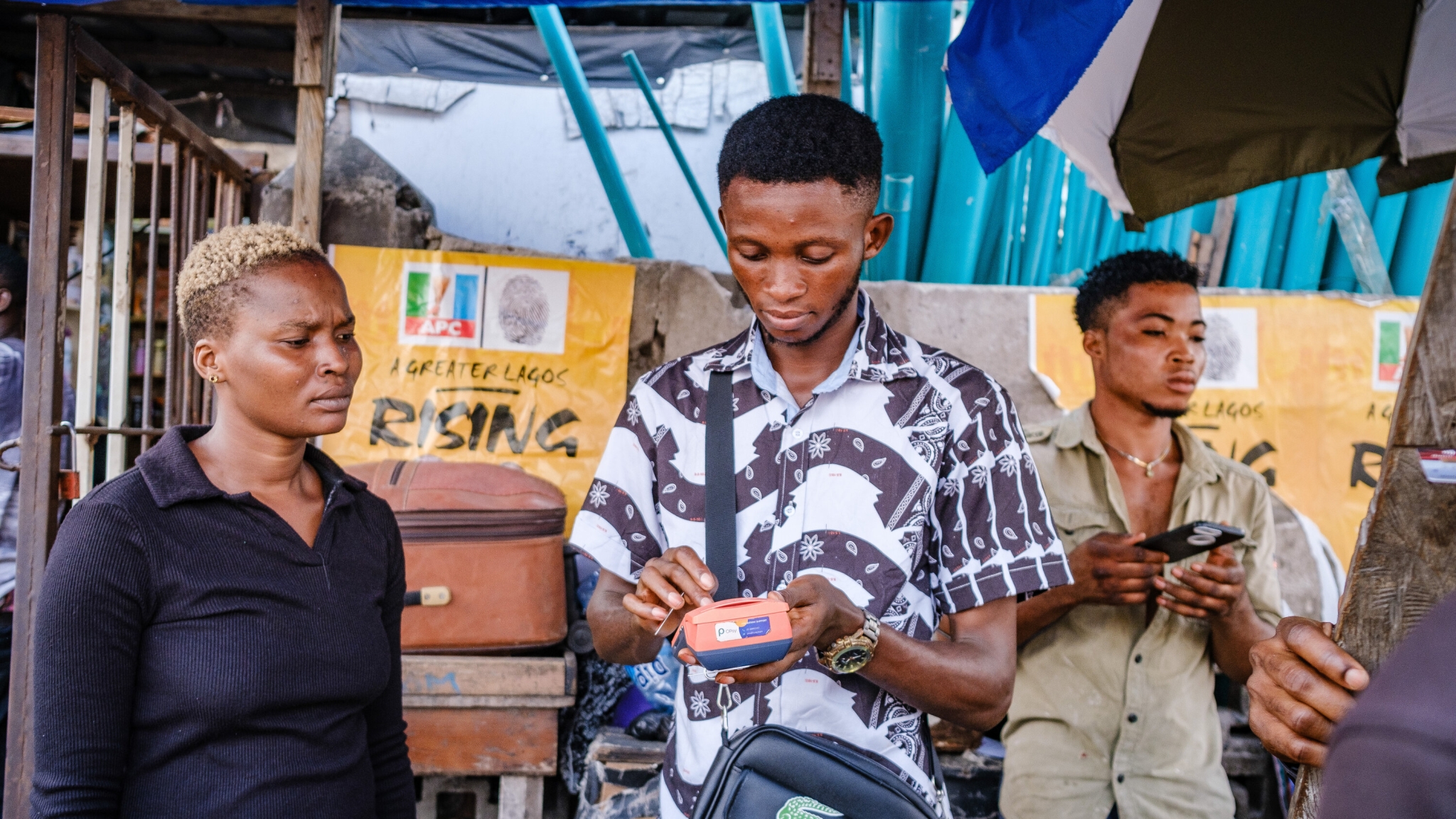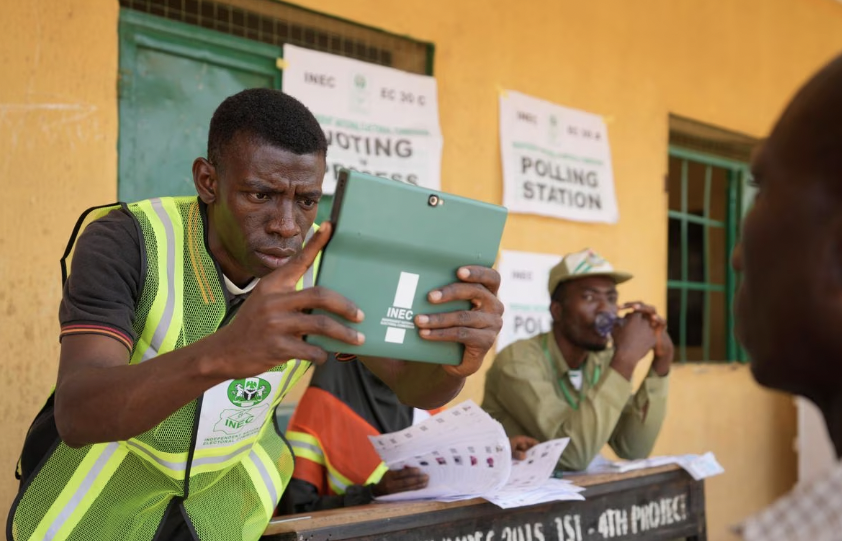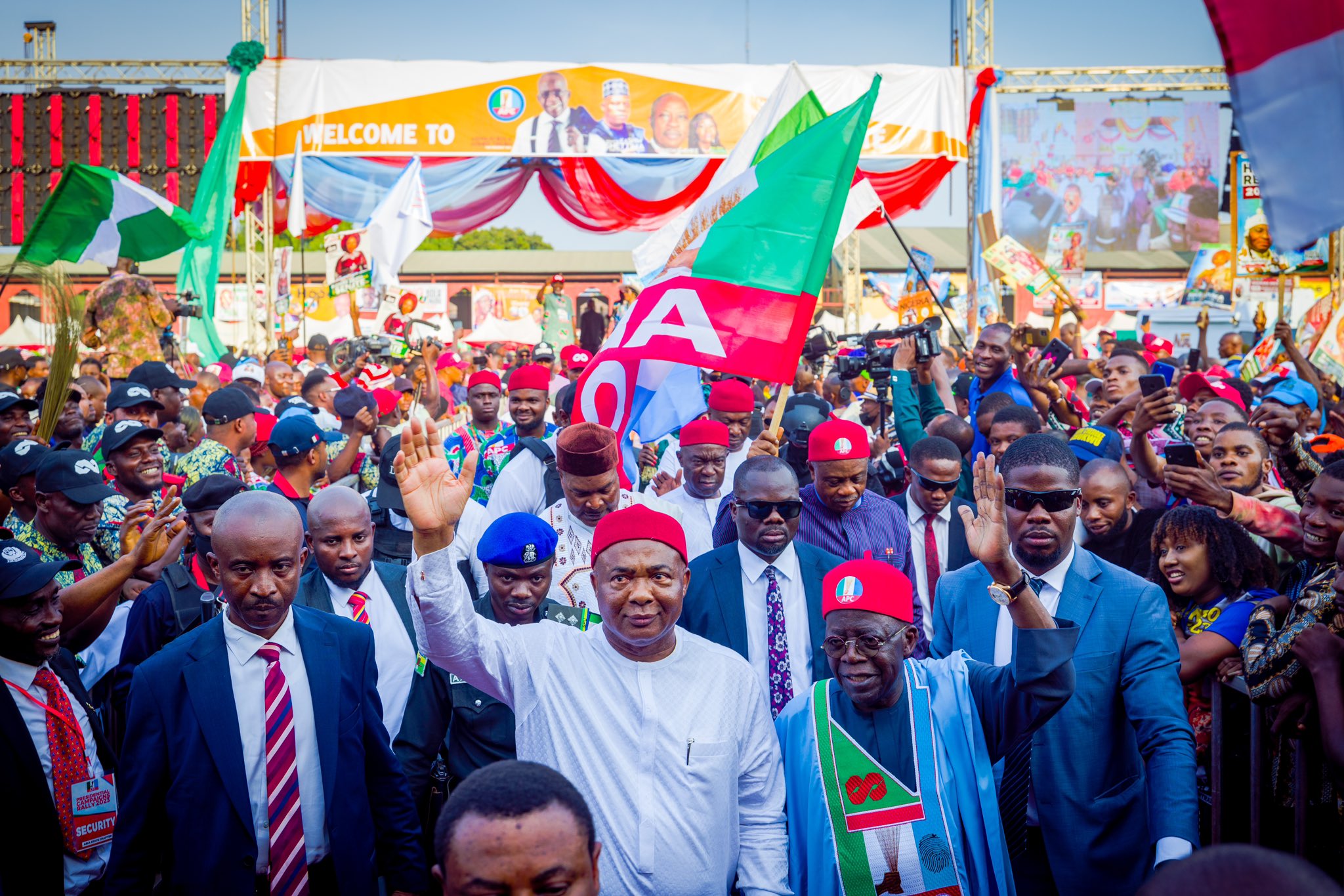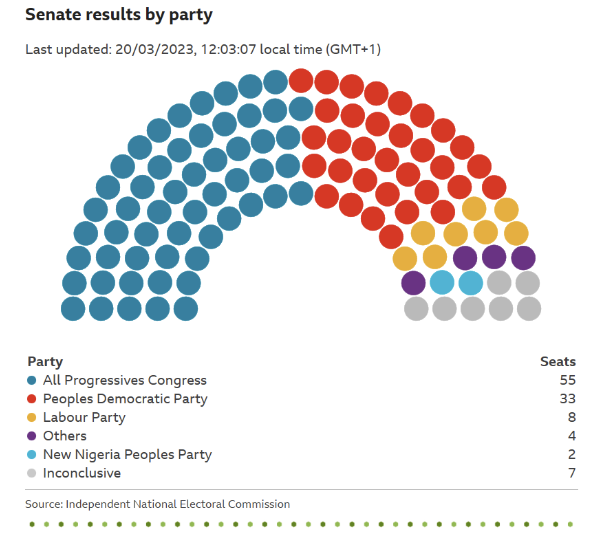US Consular Team Attacked in Anambra Update 1 – Further Details and Analysis
Further to our report dated 17 May 2023, additional details have been made public regarding the attack on a US diplomatic convoy on Tuesday, 16 May 2023 in Anambra State.
Statements by the US Government’s Secretary of State and the Governor of Anambra State, Professor Charles Chukwuma Soludo, and law enforcement personnel provided the following additional information.
Incident Details
- The US Secretary of State, Anthony Blinken issued a public statement on the incident in which he revealed the following;
- The personnel in the convoy comprised of 5 employees of the US Mission to Nigeria and 4 members of the Nigerian Police Force (NPF).
- At least 4 personnel of the convoy were killed in the attack.
- The Inspector General of Police, Usman Alkali Baba, issued a statement condemning the attack and stating that 7 people were killed and burned in the attack. He also claimed that 2 persons had been abducted. Other details stated that;
- The journey was an advanced visit in support of a planned mission to a US-funded project on the right bank – Anambra State side – of the river Niger.
- Although no motive for the attack had yet been identified, there was no indication that the convoy was specifically targeted.
- The Governor of Anambra State, Prof Charles Chukwuma Soludo, issued a statement which stated that;
- The attack took place along the Atani-Osamala Road in Ogbaru LGA. The location was described as a remote, riverine community.
- The location was a known criminal hotspot where oil theft and other crime are common. The Governor stated that the sight of police uniforms can sometimes provoke an attack.
- The Anambra State Police Commissioner, Echeng Echeng, revealed that the personnel in the convoy comprised of 5 male officials of the US Consulate and 4 armed Mobile Police escorted from Lagos. The purpose of the task was to assess the impact of erosion in Ogbaru LGA.
- When questioned about the mission’s protocols, The Commissioner of Police (CP) Echeng stated that it is not the appropriate time to assign blame regarding whether the officials sought security clearance from the command before their arrival. He did emphasise that that the US embassy has been helpful, providing the command with necessary information regarding the officials and their mission in Anambra.
Follow Up Action By The Nigerian Government
On 17th May, a joint operation involving NPF tactical teams and Nigerian Army elements was mounted against a criminal hideout in Ogwuaniocha in Ogbara LGA which was suspected of being the base from which the criminals who attacked the convoy were operating. Two persons were arrested and are in custody assisting security forces personnel in their investigation. The arrested individuals’ telephones are being examined and their phone conversations analysed to gather more information.
Members of the US Mission to Nigeria are working with Nigerian security personnel to gather information as to the whereabouts and condition of those members of the convoy who are as yet unaccounted for. The US Mission is also working with the Nigerian authorities to ensure that the perpetrators are identified and brought to justice.
Statement By The US State Department
“Unknown assailants yesterday attacked a convoy of two U.S. government vehicles in the Ogbaru Local Government Area of Anambra state, Nigeria. The convoy was carrying nine Nigerian nationals: five employees of the U.S. Mission to Nigeria and four members of the Nigeria Police Force. They were traveling in advance of a planned visit by U.S. Mission personnel to a U.S.-funded flood response project in Anambra.
We do not yet know the motive for the attack, but we have no indications at this time that it was targeted against our Mission. The assailants killed at least four members of the convoy, and U.S. Mission personnel are working urgently with Nigerian counterparts to ascertain the location and condition of the members of the convoy who are unaccounted for.
We condemn in the strongest terms this attack. We will work closely with our Nigerian law enforcement colleagues in seeking to bring those responsible to justice.
The United States has no greater priority than the safety and security of our personnel. We express our heartfelt condolences to the families of those killed in the attack, and pledge to do everything possible to safely recover those who remain missing. We deeply value our relationship with our Locally Employed Staff and our partnership with Nigeria.
The United States reaffirms its commitment to the people of Nigeria to assist in the fight against violence and insecurity”.
Antony J. Blinken, Secretary of State
U.S. Department of State
Statement From The Inspector General of Police
“The Inspector-General of Police, IGP Usman Alkali Baba, CFR, has condemned in its totality the callous attack on a United States Consulate convoy and the killing and burning beyond recognition of seven (7) persons including US Embassy local staff and Police Mobile Force Officers, and their vehicles, as well as the likely abduction of two (2) others, at Atani Osamale Road, Ogbaru Local Government Area of Anambra State, who were visiting the area to assess its proneness to erosions as part of their humanitarian efforts.
The IGP, while expressing astonishment at the attack, described it as a clear indication of the attackers’ and/or non-state actors’ callousness and an act of wickedness to humanity, most especially to their kinsmen who have been considered to enjoy aids and palliatives from the attacked diplomats. The act is indeed evil and inhuman.
The IGP has ordered an immediate full-scale investigation into the attacks and has charged the investigative team to ensure the culprits and their sponsors are arrested and brought to book at the earliest possible time. Similarly, the IGP warns all non-state actors to cease their nefarious actions as the Nigeria Police Force, in synergy with other security agencies, will not hesitate to clamp down on them and their sponsors to rid the nation of their unpatriotic and disruptive activities.
In the same vein, the Inspector-General of Police, while commiserating with the US Consulate on the brazen murder and abduction of her local staff, and the families of the officers who paid the supreme price, assures that all hands are on deck to ensure the rescue of those abducted. The IGP while expressing the openness of the NPF to working with all foreign presence in the country to ensure the security of their assets and personnel, assures that the Nigeria Police is committed to the safety and security of all and sundry, including visitors and diplomats within the country”.
CSP OLUMUYIWA ADEJOBI, mnipr, mipra,
FORCE PUBLIC RELATIONS OFFICER,
FORCE HEADQUARTERS, ABUJA
17th May 2023
Statement By The Governor of Anambra State
OFFICIAL STATEMENT BY ANAMBRA STATE GOVERNMENT ON THE UNPROVOKED KILLINGS OF UNITED STATES (US) EMBASSY STAFF, OTHERS IN ANAMBRA STATE*
“On behalf of the government and great people of Anambra State, the Governor, Prof Charles Chukwuma Soludo, CFR, expresses deep condolences to the bereaved families and organisations, particularly the US Embassy, over the death of their staff and policemen who were attacked by gunmen along Atani-Osamala Road, Ogbaru Local Government Area on Tuesday, 16th May 2023 while they were on a mission in Anambra State.
We strongly condemn the heinous and unprovoked attack. Over the last one year, we have worked very hard with our gallant security forces to massively degrade criminality and restore law and order. We can proudly assert that Anambra is currently one of the safest states in Nigeria.
Only two weeks ago, the dreaded and notorious criminal gang leader operating mostly in a neighboring state was gunned down with four of his team members when they made incursion into Anambra and recovered huge deadly weapons. The criminals are largely on the run or feeling the heat of our zero tolerance to criminality.
This incident in a remote riverine community in Ogbaru local government is a reminder that patches of these criminal gangs can still unleash senseless and murderous acts.
Whatever the identity or motive of the attackers, Anambra State government will actively work with the security agencies to smoke out the criminals and bring them to justice.
We call on anyone with information on the identity or whereabouts of the criminals to offer same on our secured security phone numbers or to any of the security agencies and such informant will be handsomely rewarded. Investigations are underway.
We assure our residents and visitors of our continued commitment to law and order. If anything, this incident has emboldened our drive.
As the investigation continues, it is important to highlight an important preliminary takeaway from the facts so far. It is evident from reports by the various security agencies in the state that the visiting team made their own security arrangements and totally bypassed the existing security architecture in the state and the state government was not aware of the “humanitarian mission” of the visiting team.
In a place like parts of Ogbaru where security forces have been fighting the criminals and oil bunkerers, the sight of few policemen can indeed attract vengeance from the criminal gangs. Correcting such lapses and ensuring better coordination will help prevent such avoidable incidents in the future.
The Government of Anambra State once again, expresses its deepest condolences to the families and loved ones of the victims. We reassure the United States Embassy in Nigeria of our unwavering commitment to the safety and security of its officials in our State.
Together, we will prevail over those who seek to disrupt the peace and stability of our society”.
Christian Aburime
Press Secretary to the Governor of Anambra State
Extracts from the Anambra State Police Commissioner’s Statement
“As you are probably aware, a team of officials from the Lagos Consulate of the United States of America and their police escorts (USA) were ambushed on 16/05/2023.
Consequently, a joint team of Mobile Policemen and troops of the Nigerian Navy stationed in Onitsha was immediately deployed to the area. Upon arrival at the scene of the incident, the joint security team sighted and engaged the assailants in a shot-out, but they escaped through a nearby forest.
Yesterday – 17/05/2023, joint security forces comprising police tactical teams from the command and troops of the Nigerian Army as well as the Nigerian Navy raided a camp in Ogwuaniocha community of Ogbaru LGA, which was suspected to be the hideout of the assailants but discovered that it had been deserted. Two persons of interest were arrested and they currently assisting the police in the investigation. The criminal camp was razed down by the joint security team.”
Further Analysis
The project site area where the attack took place is in an area known to harbour organised crime gangs involved in crude oil theft (bunkering) and known camps believed to harbour armed criminal elements. These facts underline the need for accurate and timely risk intelligence assessments when operating in many parts of Nigeria.
It is also essential to ensure that the circle of knowledge regarding mission plans, routes, timings and security protocols are shared with the appropriate authorities – subject to a full risk assessment and application of the ‘Need To Know’ principle.
Arete provide a variety of secure journey management services to enable safe movement throughout the high-risk environments found in Africa. This includes services such as the provision of Personal Security Details (PSDs) for secure transportation and movement as well as risk and threat assessments prior to any such travel. Arete’s journey management specialists are highly trained in all aspects of protective movement and are practised in undertaking dynamic and detailed threat analysis and route assessment to ensure all movements are undertaken securely.

